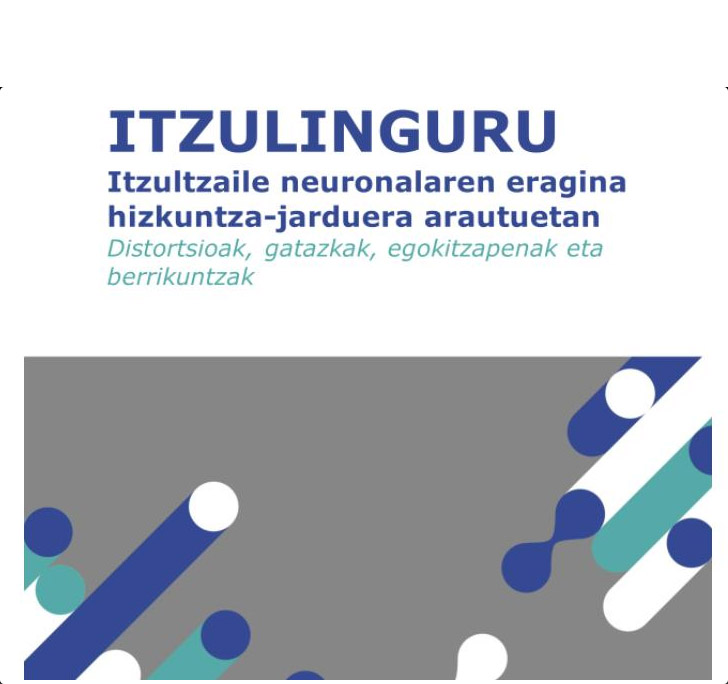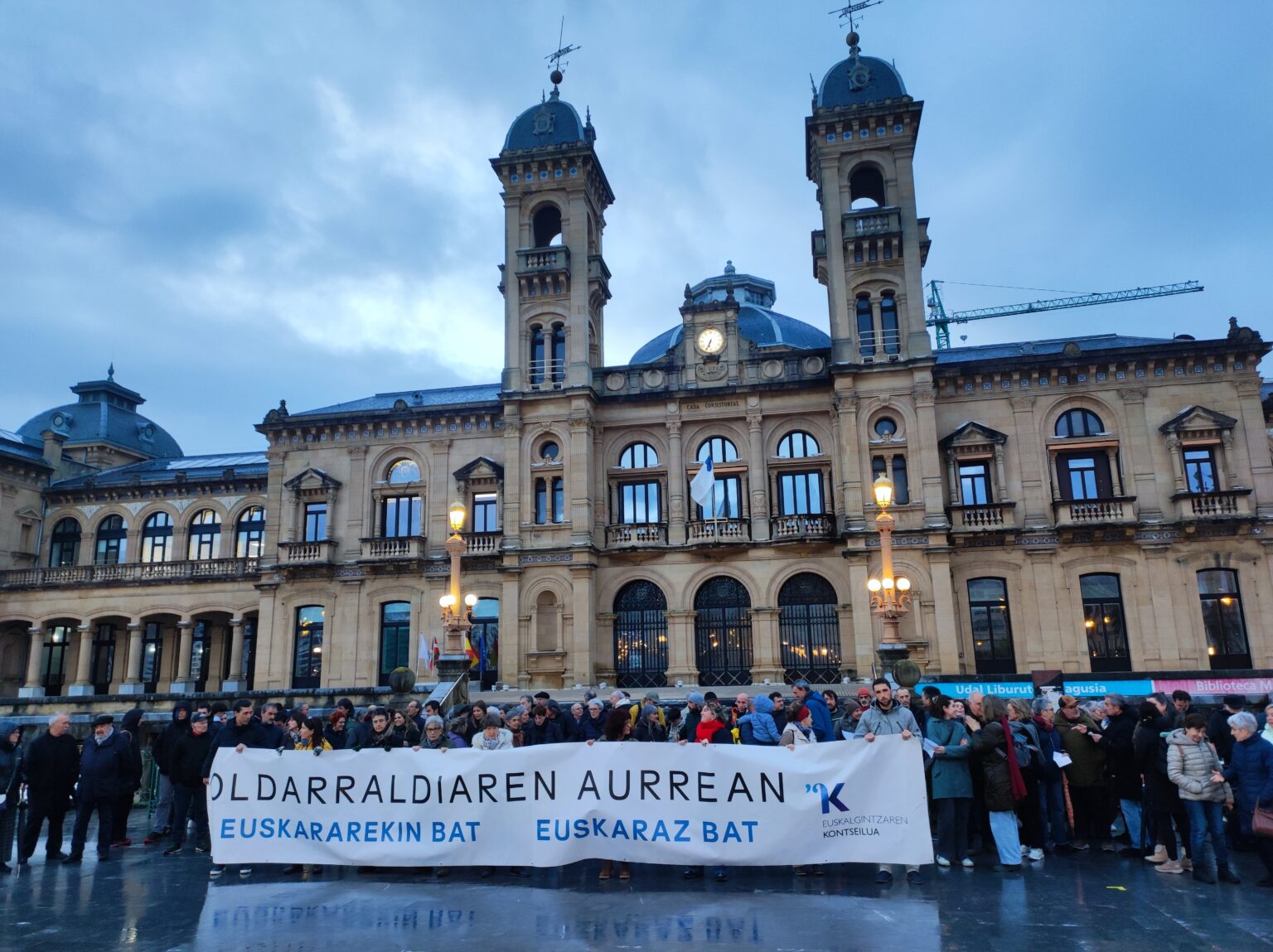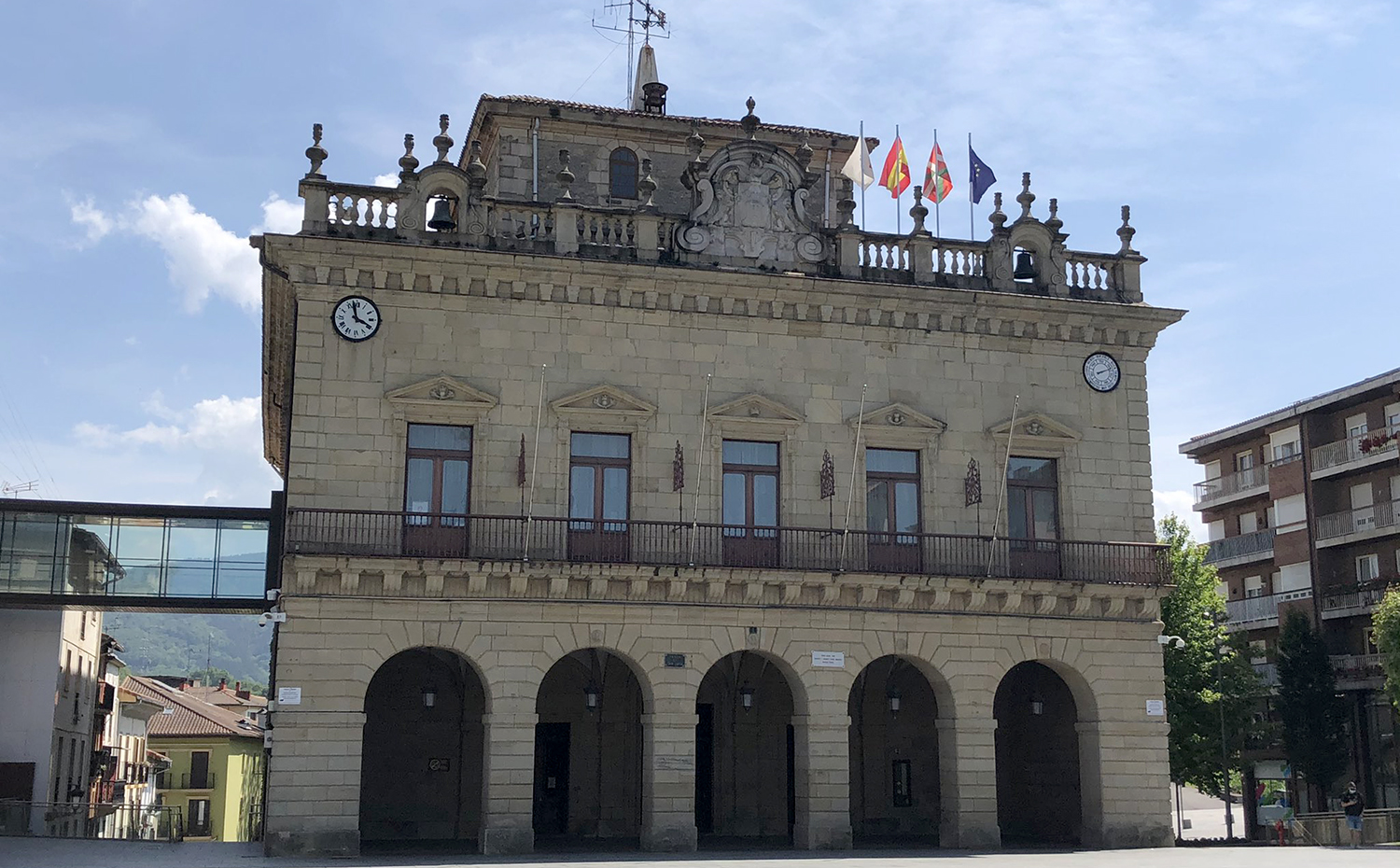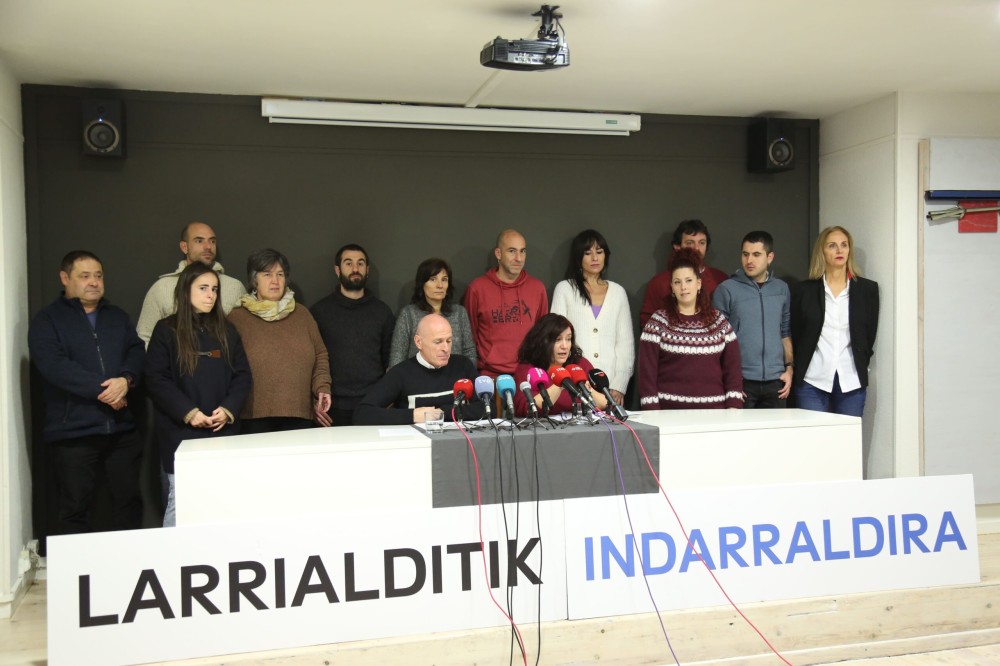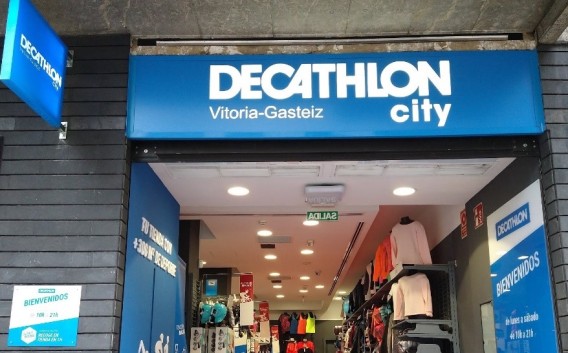"We want to integrate in the Basque community people who do not have basic needs to communicate in Basque"
- A total of 21 actors have called for the second edition of Zubideiak, the most massive initiative. This year, the meeting will have as its motto Bizi zure to leave, and the main objective will be to build bridges between cultures through social and social dialogue. To collect the zubiok, the axis will be the Basque. Alina Rocío Blanco Barros (Bogotá, Colombia) is a promoter of the initiative and member of the association Emigrado sin Fronteras.
.jpg)
Blanco Ramos conducted biology studies in her hometown. Later, he studied the Master's Degree in Environmental Impact and moved to the Basque Country for a PhD in International and Intercultural Studies. Since then he has worked at the Emigrad Without Borders Association.
What is Zubideiak?
It is a space that encourages social dialogue between people of different backgrounds, ethnicities and cultures. There we will meet all those who are convinced that Euskera is a communication tool. So far the Basques have joined the Basques to, so to speak, communicate among “equals.”
With this initiative, we intend to open up this space so that those of us who do not speak in Basque can also approach the reality that we live in the people that welcome us. This year will be the second edition, and as in the first, we want to integrate into the Basque community people who do not have the basic need to communicate in Basque.
What objectives do you have?
First of all, believing that Euskera is the responsibility of all and that diversity brings wealth and new opportunities to our society. In addition, our goal is to find a meeting point where we can listen and share the different voices that can speak.
In short, from the point of view of the Emigrant Association without Borders, to which I belong, human beings need to adapt to the new contexts. For immigrants, it is almost urgent to know the identity of the host territory. We think it is very important that the mind opens up a little and understands our need for adaptation or social integration.
Can the Basque Country help in this socialization?
Of course. The Basque Country is a tool that helps us to approach a culture that we do not know. It's often seen as an obstacle, but I think it's not an obstacle, it's not a barrier, it's an objective that generates curiosity.
The lack of knowledge of Euskera has drawbacks, for example, for working, for helping children enrolled in Euskera with school work, etc. But we must not regard it as an obstacle, in no way does the Basque Country fully facilitate our process of socialisation. I also believe that it is the responsibility of all of us to approach the Basque community.
How does Emibachelors Without Borders stand in this initiative?
We work with immigrants and non-Basque speakers. Our intention is to show people that there is room for this social dialogue to take place. We explain that this is important, because it allows us to assimilate the language of the country that welcomes us and understand its culture and customs. In addition, we also have a lot to offer to make that relationship bi-directional.
I've been in the association since I came to Euskal Herria. I mainly work on the environment and sustainable development, but at first I worked on projects on migration processes.
How did you experience this process?
I came from Colombia ten years ago with a scholarship to study at the University of Deusto. When I arrived, I didn't know what Euskal Herria was. Perhaps due to lack of knowledge, but did not know that Euskera existed, and did not know to what extent that language influenced the personality of Euskal Herria.
So at first I was completely lost, because to me it was a surprise. But out of curiosity and because I believe, from an identity point of view, that Euskera is also part of sustainable development, I began to approach several groups. I have met with the Basques and now I can say that I understand why it is so important for Euskal Herria to highlight his own identity; perhaps what we lack in Colombia.
Do you not have your own identity in Colombia?
We Colombians lack the feeling of sovereignty. For example, instead of buying products from our country, we prefer to buy an American brand. It is a question of status, those who have more purchasing power prefer to buy an external product.
As for language, in Colombia they are trying to recover the ancient legends, which is the only thing we have left. In the colonialism that abolished our languages, I would say that in Latin America the only living thing is the Guarani who speaks in Paraguay. Everyone else has been lost, forgotten forever in the past, and that makes me very sad. Language helps to build one's own identity, and I think we Colombians are a little uprooted.
That is why I said before, although not knowing Basque, I have not had the opportunity to occupy some positions, for me the language has never been an impediment. My feeling for the Basque is admiration, I admire Euskal Herria, is a people who struggle for their identity. That seems to me to be very important, and I believe that in Latin America we also need it.
Zubideiak ekimena Donostiako Miramar Jauregian egingo da urriaren 20an. 21 eragile dira antolatzaileak: AEK, Agirre Lehendakaria Center, Bagera Elkartea, Biltzen, Deustuko Unibertsitatea, EDE Fundazioa, EH 11 Kolore, Elhuyar, Emigrados Sin Fronteras, EMUN, Euskal Herriko Unibertsitatea, Euskaltzaindia, Euskaltzaleen Topagunea, Garabide, Gipuzkoako Foru Aldundiko Aniztasun Saila, Gune Irekiaren Lagunak, Jatorkin Al-nahada, Kutxa-Ekogunea, Mondragon Unibertsitatea, Soziolinguistika Klusterra eta Urtxintxa.
Ilbeltzeko igande goiz batez jo dugu Baztanera. Eguzkiak oraindik ez du Lekarozko plaza argitu; bertan elkartu gara Garbiñe Elizegi Narbarte, Itziar Torres Letona eta Ernesto Prat Urzainkirekin. Itzaletan hotz egiten du eta umorez goxatu dugu lehen agurra, hogei urtean... [+]
Hizkuntzarako ere gurasoak haurrentzako eredu direla kontuan hartuta, euskararen erabilera eta irakaskuntzari buruz sentsibilizatzeko helburua duen hamabostaldia antolatu dute Hendaia, Urruña, Donibane Lohizune eta Ziburuko herriek. Martxoaren 15etik 30era guraso... [+]
Gabonetako argiak pizteko ekitaldia espainolez egin izanak, Irungo euskaldunak haserretzeaz harago, Aski Da! mugimendua abiatu zuen: herriko 40 elkarteren indarrak batuta, Irungo udal gobernuarekin bildu dira orain, alkatea eta Euskara zinegotzia tarteko, herriko eragileak... [+]









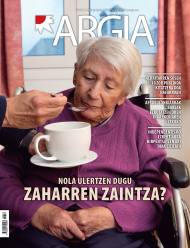

.jpg)
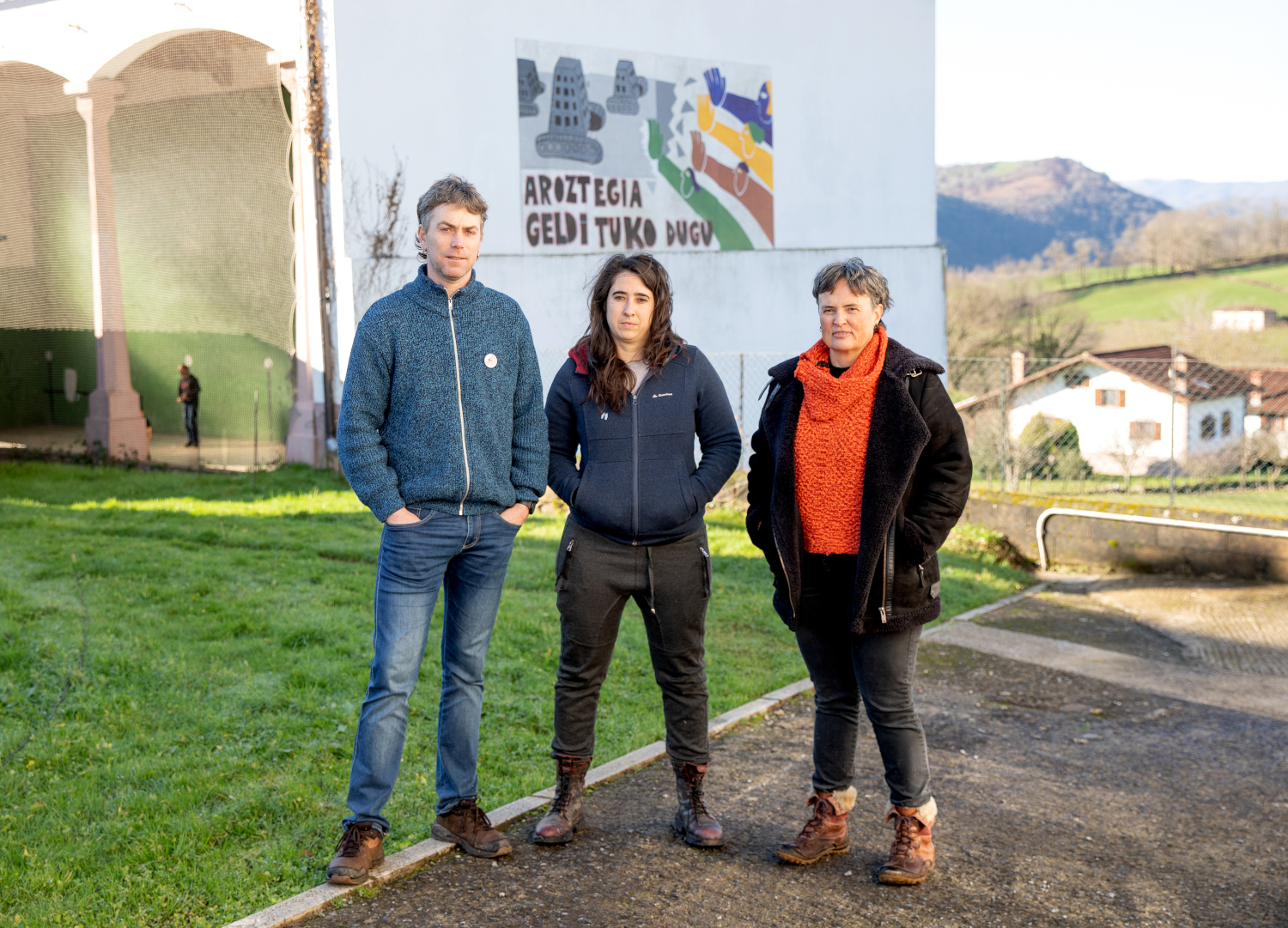
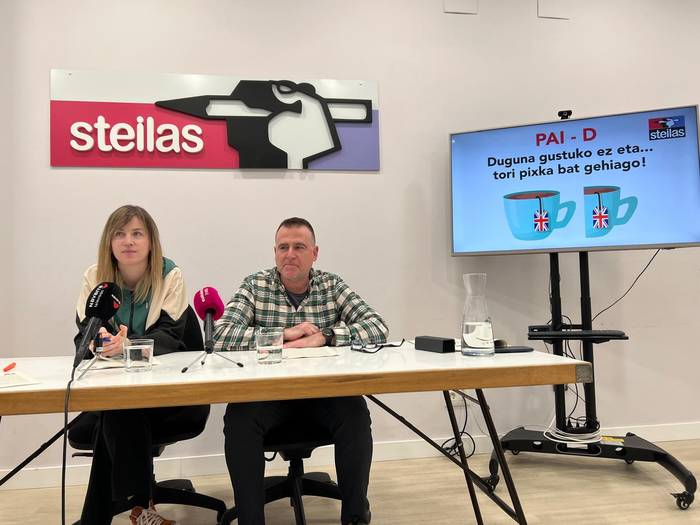
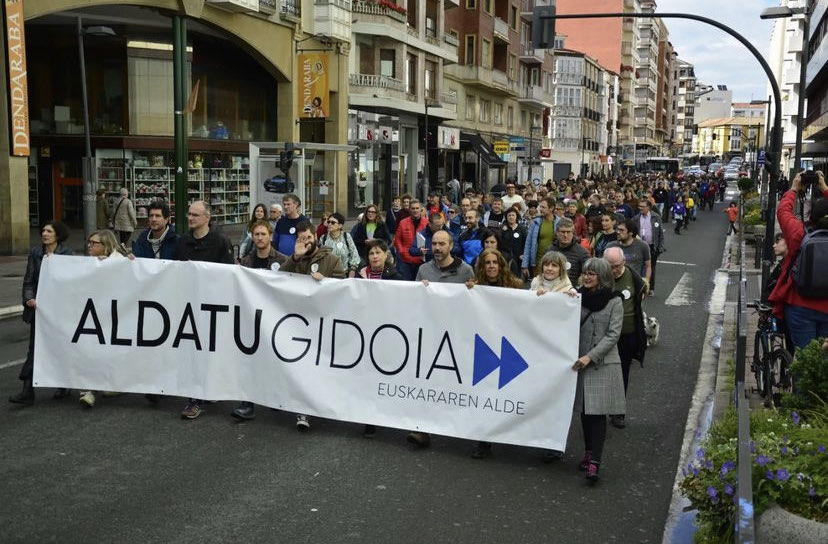

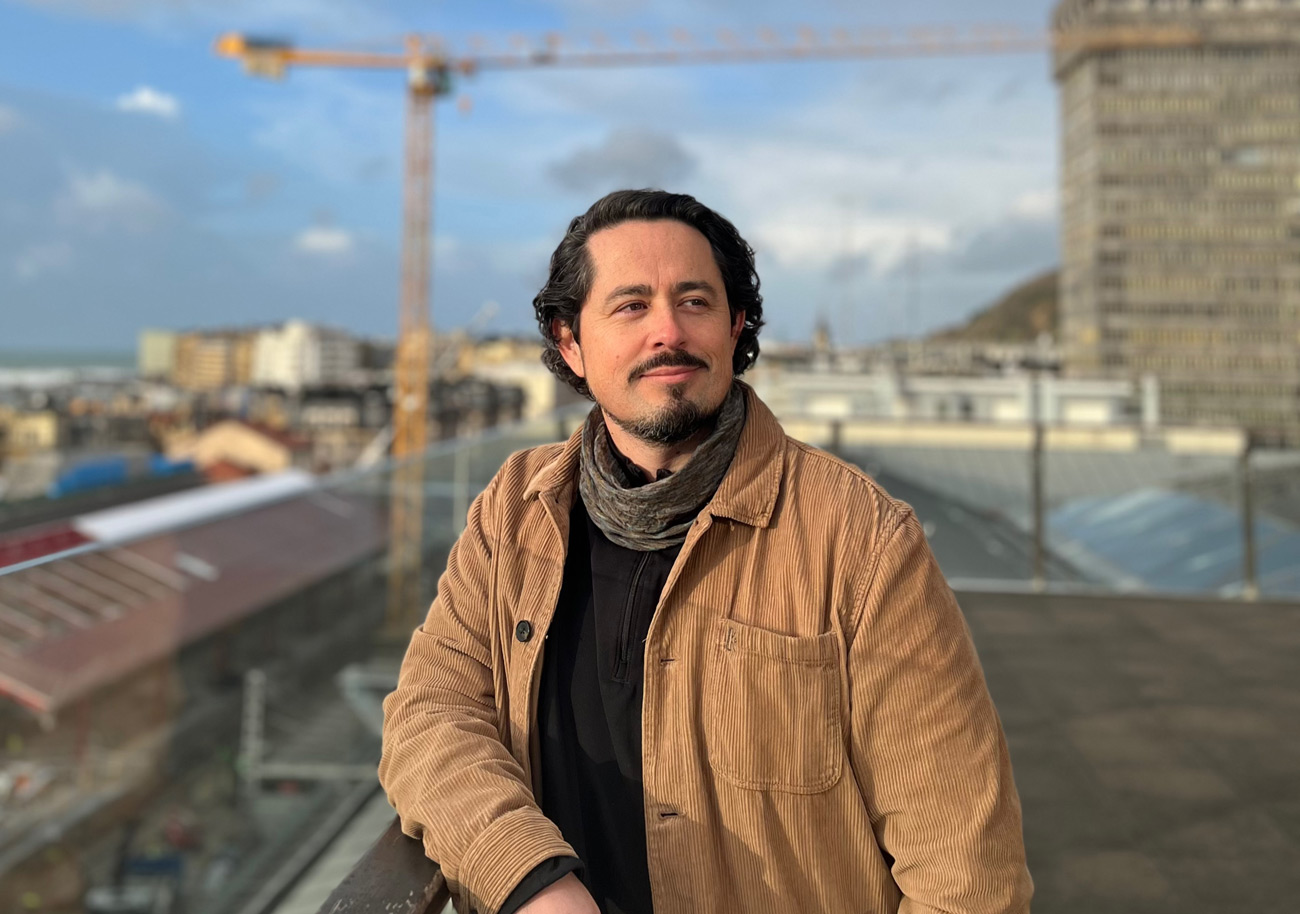
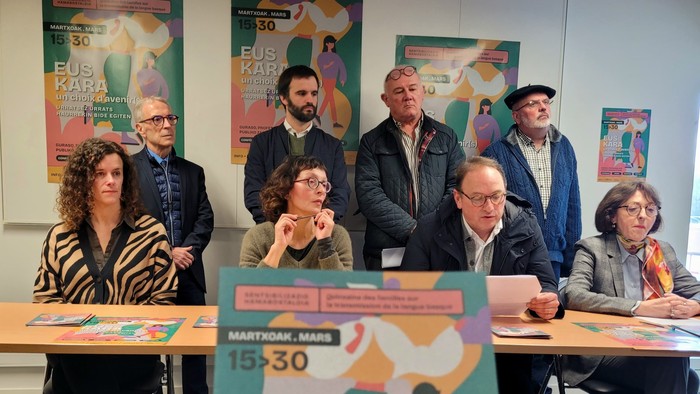
.jpg)
